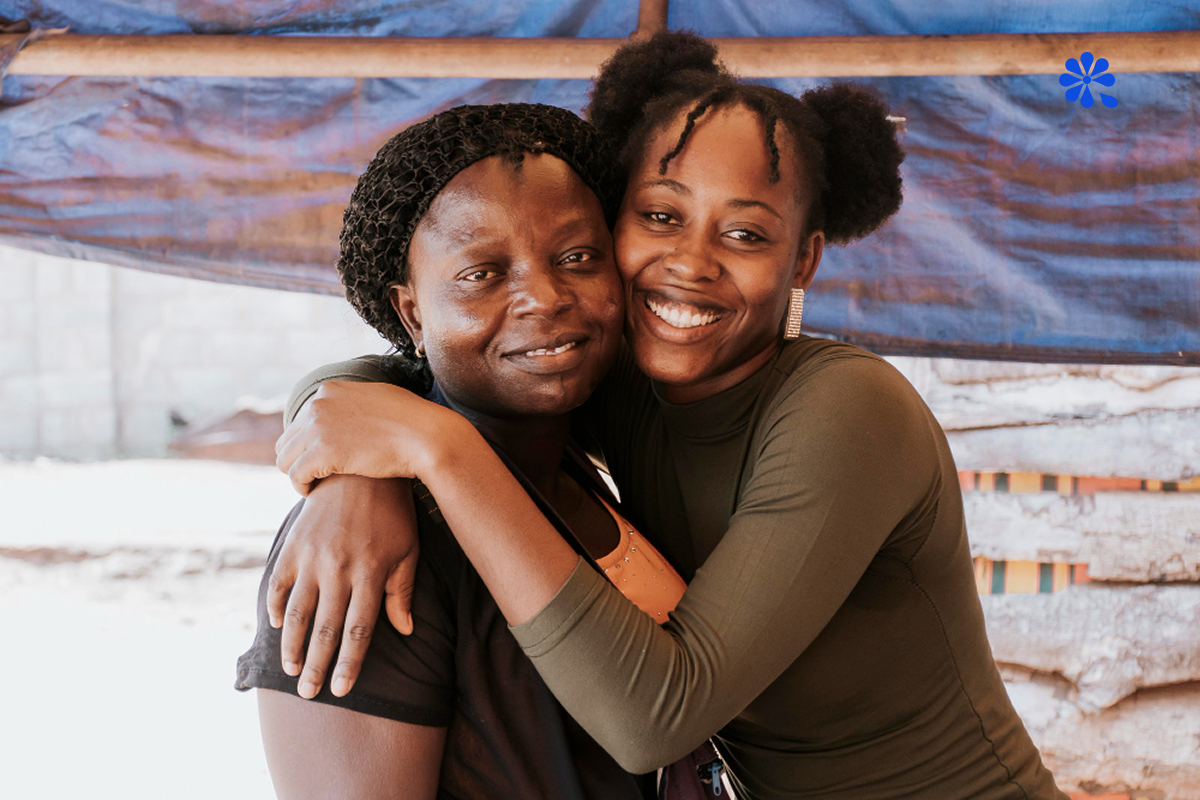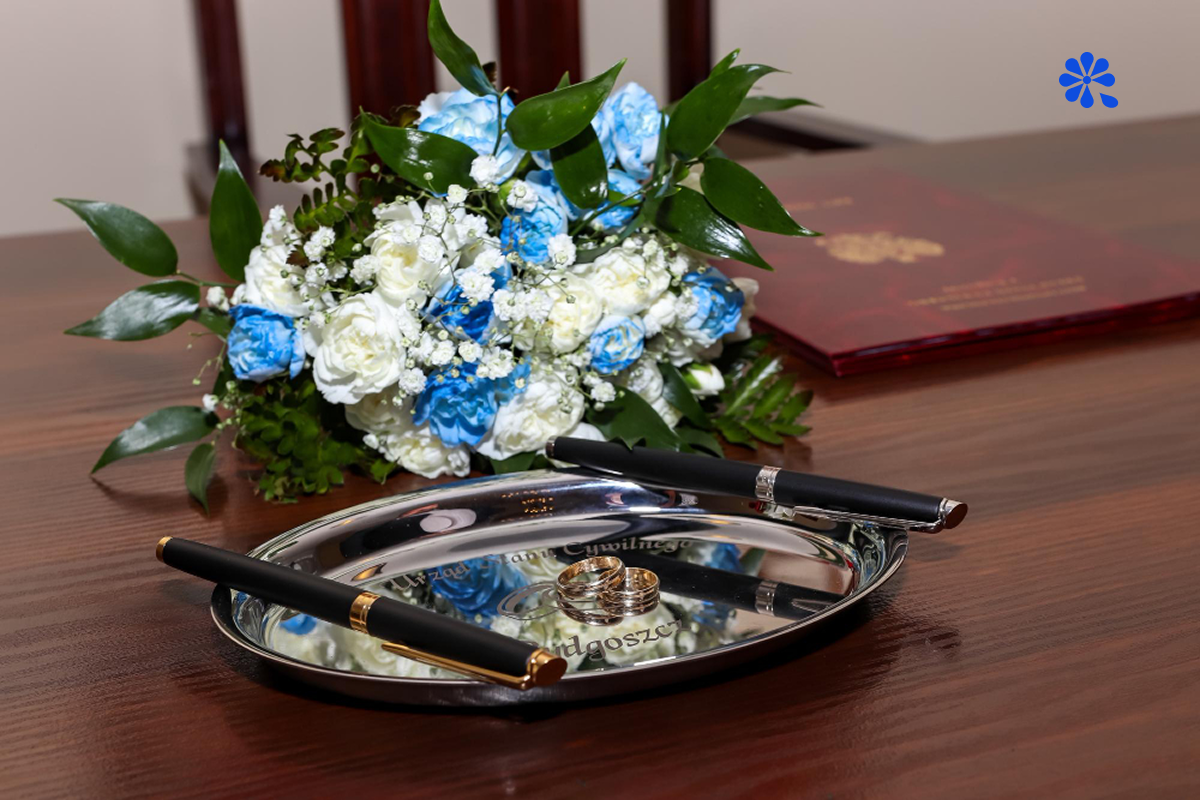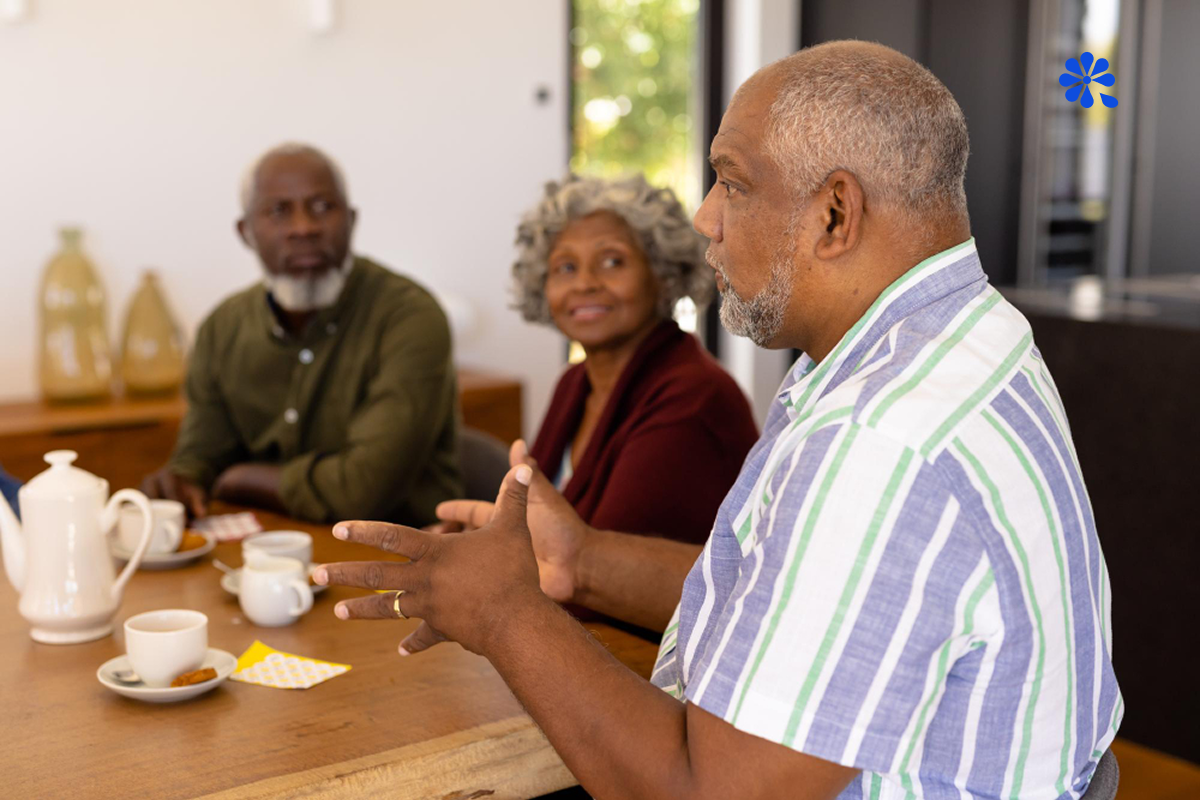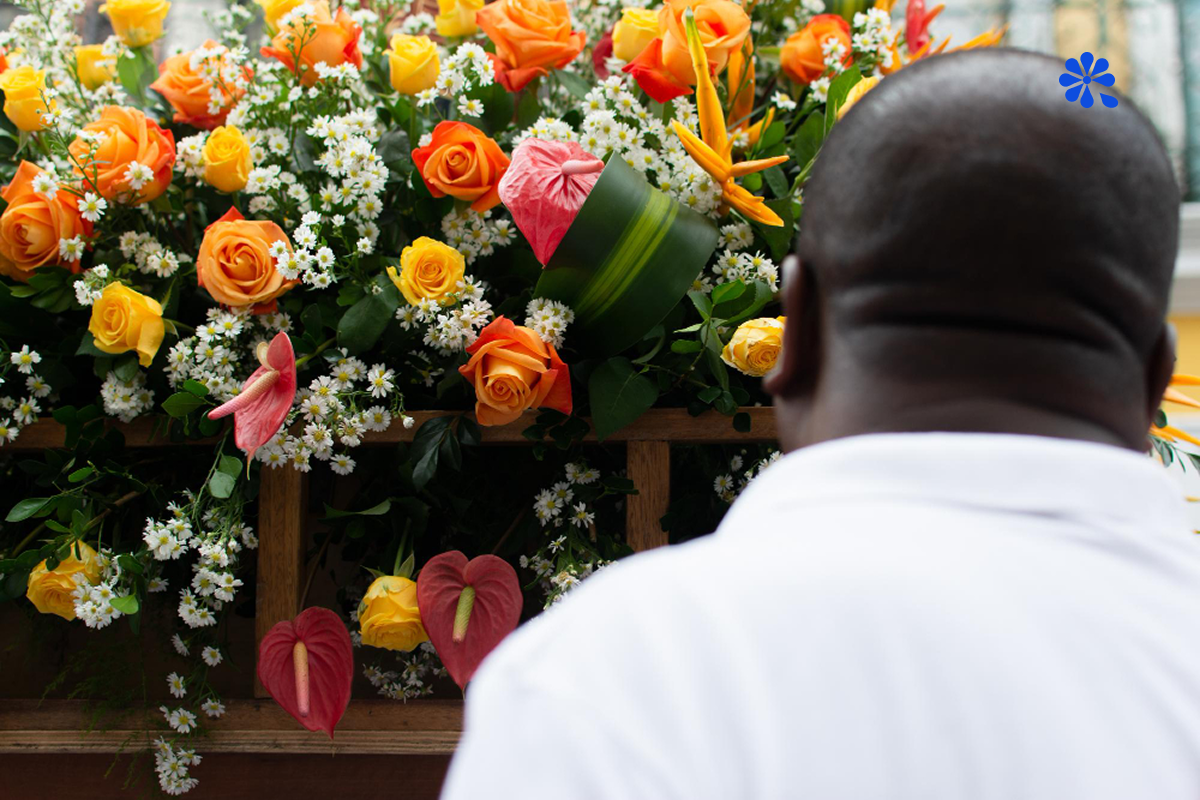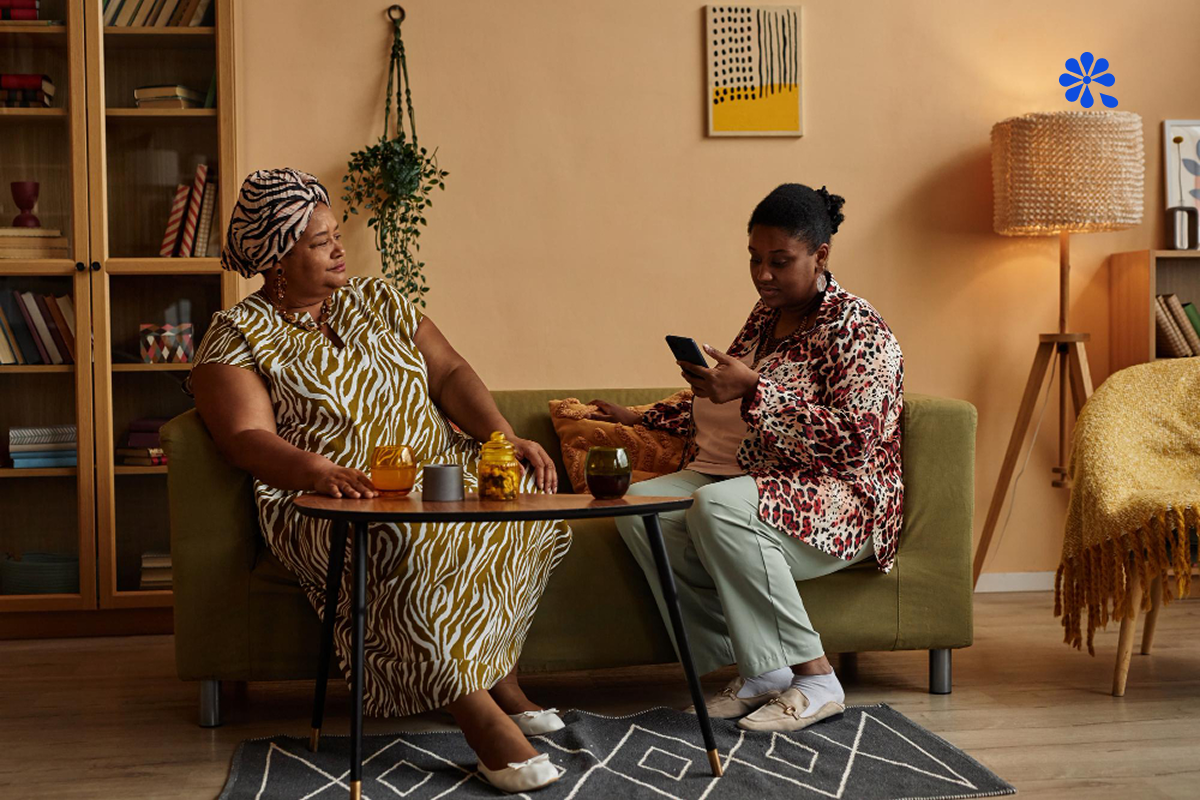Losing someone you love can feel like the ground has shifted under your feet.
In the shock and swirl of phone calls, decisions, and emotions, it’s natural to wonder: “Is it too soon to create a memorial page?”
You don’t have to get everything right on day one. A memorial page isn’t about perfection — it’s about beginning a gentle, shared space where love, stories, and practical updates can live.
At a Glance 🕊️
- ·
There’s no “perfect” time, but starting small, early often helps with coordination, communication, and comfort.
- ·
A page can begin private and simple — a name, a photo, a few words — and grow as you’re ready.
- ·
Early memorials naturally gather tributes, organise details, and (when needed) open the door to support without pressure.
Why Timing Feels Complicated — and Why Starting Early Helps
Grief doesn’t follow a calendar.
Some families feel ready to create a memorial page within hours or days; for others, just seeing a photo can be overwhelming. What often makes timing tricky is that grief and logistics arrive together. While you’re processing loss, you’re also coordinating information, answering calls, and fielding the same questions across many WhatsApp groups.
Creating a memorial page early gives everyone one calm, accurate place to return to — a single source of truth for updates, a safe container for memories, and a dignified way for people to show support. It doesn’t have to be public or polished. Think of it as opening the door and letting people come in gently, at their pace and yours.
How to Decide — and What to Do First
1. Start Small, Sooner Than You Think
You don’t need a perfect tribute to begin. A simple page can hold the essentials while you find your footing.
- ·
Begin with basics: Name, photo (or placeholder), short message, and key contacts.
- ·
Private-first option: Keep the page private or share only with close family until you’re ready to widen it.
- ·
Invite a co-admin: Share the load with a trusted relative who can help update details.
💡 WithPema lets you set up a page in minutes and keep it private while you gather materials — then open it up when you feel ready.
2. Make It Your Single Source of Truth
Replacing scattered messages with one verified hub reduces confusion and stress.
- ·
Key details in one place: Date window, venue(s), directions, programme notes, and contacts.
- ·
Link once, update once: Share the page link; any change you make is instantly visible to everyone.
- ·
Reduce misinformation: Avoid duplicate or outdated WhatsApp forwards by pointing people to the page.
Less noise means more peace for the family — and fewer repeated questions.
3. Gather Tributes While Memories Are Fresh
Early memories are vivid. Capturing them now preserves voice, tone, and texture that fade with time.
- ·
Prompt simple shares: Invite short stories, favourite photos, or a single sentence: “I’ll always remember…”
- ·
Offer formats: Some people write; others prefer photos or voice notes. All are welcome.
- ·
Create gentle prompts: “How did you meet?” “What made them laugh?” “A lesson they left you?”
When stories gather in one place, they become a legacy — not just memories.
4. Share the Load with Roles and Permissions
A memorial works best when it’s managed by a small team, not one exhausted person.
- ·
Assign co-admins: A Communications lead, a Media/Photos lead, and (if needed) a Finance lead.
- ·
Clear responsibilities: One drafts updates; another approves; another uploads tributes.
- ·
Traceable updates: Keep a simple decision log so everyone knows what changed and when.
💡 WithPema supports role-based access, so different people can manage updates, tributes, or contributions without stepping on each other’s toes.
5. Add Support (Fundraising) When — and If — You’re Ready
You don’t have to lead with money, but a memorial page is a natural, respectful doorway if support is needed.
- ·
Single channel for giving: Avoid multiple numbers and duplicate asks by centralising contributions.
- ·
Clarity and dignity: Share what the funds will help with (e.g., transport, hospital, funeral logistics).
- ·
Diaspora-friendly: A single page makes it easy for loved ones abroad to stand with you.
When the “how to help” is obvious and gentle, giving feels like care — not pressure
6. Let the Page Evolve with Your Grief
A memorial is a living space that grows as you’re ready to add more.
- ·
Milestones over time: Add birthdays, anniversaries, and holidays to keep remembrance active.
- ·
Post-event wrap: Share a simple thank-you note, programme PDF, or eulogy video link.
- ·
Build an archive: Over weeks and months, tributes shape a fuller portrait than any one speech can.
You’re not curating a museum — you’re tending a garden. It’s okay to plant slowly.
7. Keep It Gentle — and Under Your Control
Encourage participation without pressure, and adjust as your energy allows.
- ·
Soft launch: Share first with a smaller circle; open wider when ready.
- ·
House rules: Set simple community guidelines (respect, privacy, no rumours) right on the page.
- ·
Pace yourself: One update a day is plenty; people appreciate clarity over volume.
Grief asks for kindness — from others and from yourself.
WithPema Insight 🌼
Families tell us the hardest part isn’t remembrance — it’s coordination. Scattered updates, repeated questions, and multiple collection channels drain energy at the very moment you have the least to spare. A WithPema memorial brings everything together: verified details, directions, tributes, and — only when needed — a dignified way to contribute from Kenya or abroad. You can start quietly with the essentials, delegate roles, and let the page grow as your community gathers around you.
Parting Thought: Start Small, Let It Grow
It’s never “too soon” to begin a space rooted in love — and it’s never too late to enrich it. Open the door with a single photo and a few words, then let others carry some of the weight by adding their stories. When remembrance, updates, and support live in one calm place, the path through loss becomes a little clearer — and a little lighter — for everyone. If you’d like a gentle hand setting up your page, WithPema is here to walk with you.


